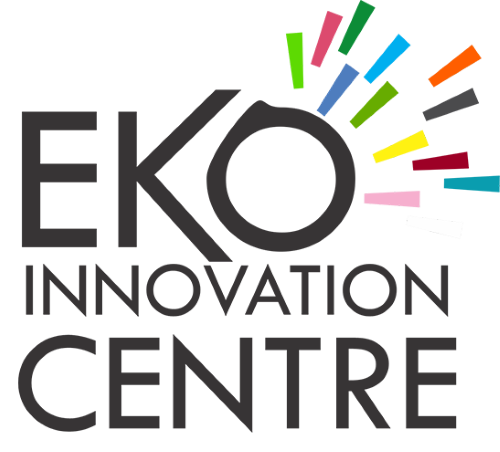Technology is the engine that drives startup innovation. In today’s digital age, startups that harness the power of technology are better positioned to disrupt industries, solve complex problems, and deliver value to customers. From artificial intelligence (AI) and machine learning (ML) to blockchain and the Internet of Things (IoT), technology is transforming the way startups operate and compete.
The Impact of Technology on Startups
Technology has a profound impact on startups in several ways:
- Product Development: Technology enables startups to develop innovative products and services that meet the needs of modern consumers. For example, AI and ML allow startups to create personalized experiences, predictive analytics, and automated solutions that enhance customer engagement.
- Operational Efficiency: Technology streamlines operations, reduces costs, and increases efficiency. Startups that leverage cloud computing, automation, and data analytics can scale their operations more effectively and respond to market changes faster.
- Market Reach: The internet and digital platforms have democratized access to global markets. Startups can now reach customers across the world through e-commerce, social media, and digital marketing, without the need for a physical presence in every market.
- Collaboration and Communication: Technology facilitates collaboration and communication within teams and with external stakeholders. Tools like Slack, Zoom, and Asana enable remote work, cross-functional collaboration, and project management, making it easier for startups to operate in a distributed environment.
- Data-Driven Decision Making: Startups can leverage big data and analytics to make informed decisions. By analyzing customer behavior, market trends, and operational performance, startups can optimize their strategies and stay ahead of the competition.
Emerging Technologies and Their Potential
Several emerging technologies hold significant potential for startups:
- Artificial Intelligence (AI) and Machine Learning (ML): AI and ML are transforming industries by enabling startups to automate processes, analyze large datasets, and create intelligent applications. For example, AI-powered chatbots improve customer service, while ML algorithms enhance product recommendations.
- Blockchain: Blockchain technology offers startups the opportunity to create secure, transparent, and decentralized solutions. From fintech and supply chain management to digital identity and smart contracts, blockchain is opening up new possibilities for innovation.
- Internet of Things (IoT): IoT connects devices and systems, enabling startups to create smart products and services that enhance convenience, efficiency, and safety. For instance, IoT is driving innovation in areas such as smart homes, wearable technology, and connected vehicles.
- 5G Technology: The rollout of 5G networks promises faster internet speeds, lower latency, and greater connectivity. Startups can leverage 5G to develop applications that require real-time data processing, such as augmented reality (AR), virtual reality (VR), and autonomous vehicles.
Challenges of Adopting Technology
While technology offers immense opportunities for startups, it also comes with challenges:
- Cost: Implementing and maintaining advanced technology can be expensive, especially for early-stage startups with limited resources.
- Talent: Finding and retaining skilled tech talent is a challenge for many startups. The demand for software developers, data scientists, and AI specialists often exceeds the supply.
- Security: As startups adopt more technology, they become more vulnerable to cyber threats. Ensuring robust cybersecurity measures is crucial to protect sensitive data and maintain customer trust.
- Regulation: The rapid pace of technological innovation often outpaces regulatory frameworks. Startups must navigate complex regulations related to data privacy, intellectual property, and industry-specific compliance.
To understand this article better, you can explore “How to Leverage Technology for Startup Growth in Emerging Markets“: This article aligns with the discussion on how technology facilitates market reach and operational efficiency, particularly for startups in emerging markets.
Also take a look into “Unlocking Startup Success: The Power of Acceleration Programs“: This mentions how tech-driven acceleration programs, like Eko Innovation Centre, empower startups to harness new technologies for innovation and competitive advantage.
Conclusion
Technology is a powerful enabler of startup innovation, offering the tools and capabilities needed to disrupt industries and create value. However, startups must carefully consider the challenges and costs associated with adopting new technologies.
At Eko Innovation Centre, we are committed to fostering technology-driven innovation. Our programs provide startups with access to cutting-edge technology, expert mentorship, and a collaborative ecosystem that supports the development of groundbreaking solutions.
